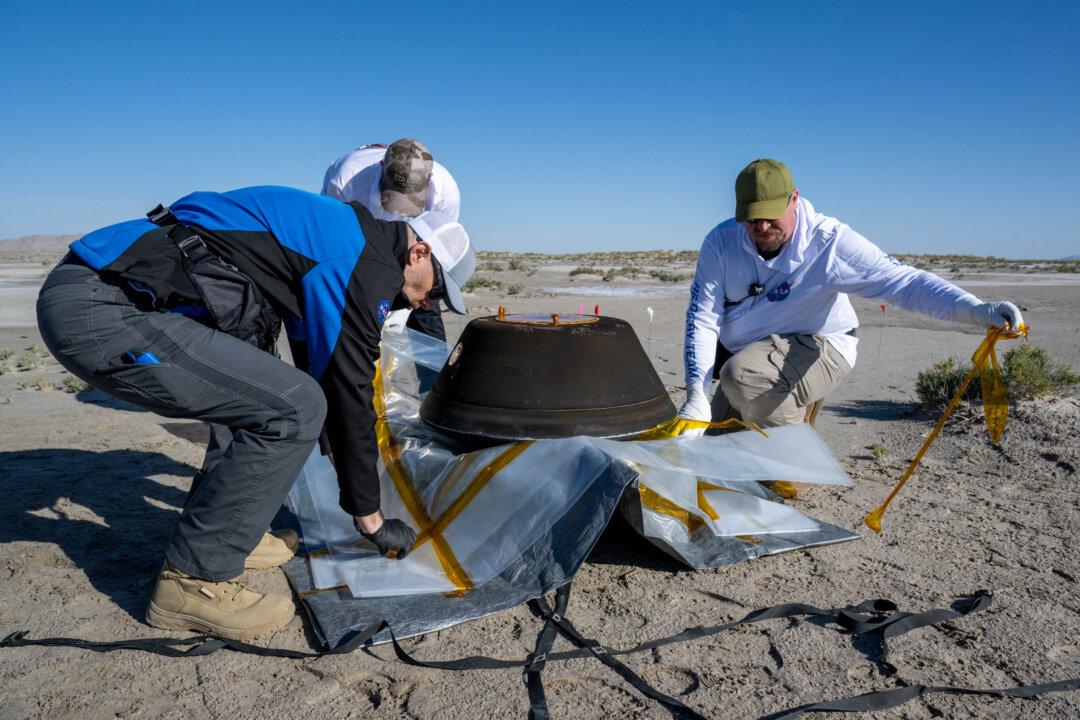WASHINGTON—The U.S. House of Representatives on May 7 unanimously backed legislation supporting Taiwan which faces military and diplomatic pressure from China as members of the U.S. Congress push for a sharper approach to relations with Beijing.
China expressed anger and said the bill should be blocked.
The House voted 414-0 for a non-binding resolution reaffirming the U.S. commitment to Taiwan.
It also backed by unanimous voice vote the “Taiwan Assurance Act of 2019,” which supports Taiwan and urges it to increase its defense spending, noting Washington should conduct “regular sales and defense articles” to Taiwan and back Taipei’s participation in international organizations.
There was no word on when the Assurance Act might come up for a vote in the Senate, which would be necessary before it could become law.
China urged the United States to block the bill’s progress and “appropriately handle Taiwan-related issues to avoid seriously harming China-U.S. cooperation on important areas and peace and stability in the Taiwan Strait,” said Chinese foreign ministry spokesman Geng Shuang
Taiwan’s foreign ministry said it welcomed the “positive” move and expressed its gratitude.
Taiwan would “continue to work hand-in-hand with the U.S. authorities to firmly deepen the Taiwan-U.S. partnership,” it added in a statement.
The U.S. measures reflect its concern over any efforts by Beijing to influence Taiwan. Washington has no formal ties with Taipei, but is bound by law to help provide the island with the means to defend itself and is its main source of arms.
Beijing regards Taiwan as its sacred territory and regularly calls it the most sensitive and important issue in ties with the United States.
The House Foreign Affairs Committee has also scheduled five hearings this week on the relationship between the United States and China.





